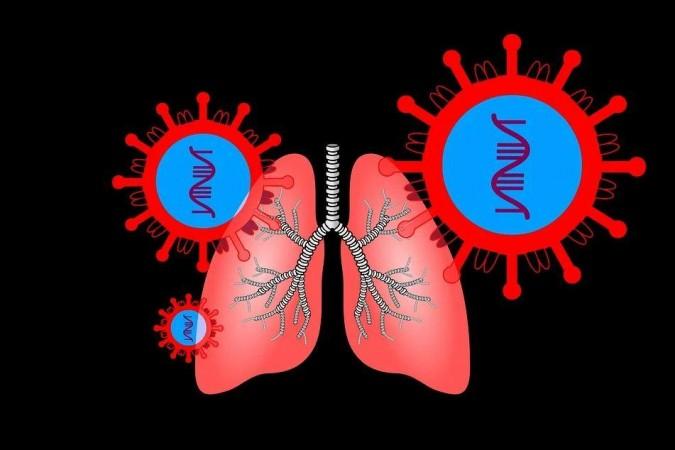
Long-Covid -- continued illness post Covid-19 -- is common after other respiratory infections, according to a study.
A team of researchers from the University of Oxford in the UK analysed data from 190,000 participants. They classified them into: people hospitalised with Covid and those hospitalised with other lower respiratory tract infections (LRTIs). These were then compared with a reference group with no LRTI hospitalisations.
Participants completed surveys reporting on 45 different physical and psychological symptoms observed across the ear, nose, and throat; respiratory; neurological; gastrointestinal; and musculoskeletal systems.
The findings, published in JAMA Network Open, showed that people hospitalised with Covid had higher risks of 23 out of 45 symptoms. Similarly, those hospitalised for non-Covid LRTIs had 18 out of 45.
Dr. Junqing Xie from NDORMS at the varsity said the "post-acute effects of Covid-19 are not unique". These "can also occur with other severe respiratory infections," explained Junqing.

While those with Long Covid are more likely to suffer from continued fatigue, breathlessness, and even brain fog. Some previous studies have shown that Covid patients are also likely to have a persistent loss of taste. However, neurological and cognitive symptoms were also observed in the latest study.
They found that problems with thinking and communicating were higher than in the reference group. But it was also higher than those hospitalised for other LRTIs.
Junqing called for expanding understanding of long-term health consequences that can arise from other severe respiratory infections. This is when healthcare systems worldwide continue to grapple with the after-effects of the Covid pandemic.
He also stressed the need for recognising differences/similarities between post-acute infections caused by a different virus. This can help plan better preventive measures and tailored care for these patients.
(With inputs from IANS)














